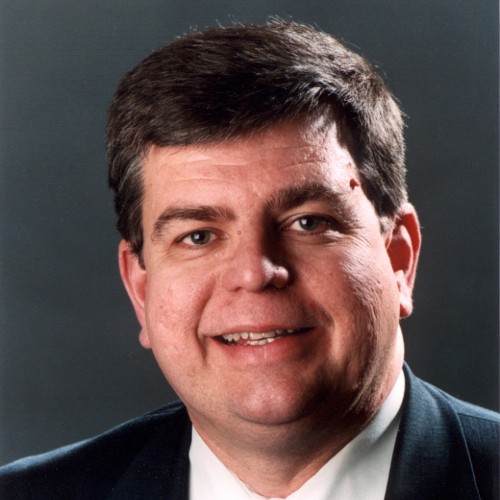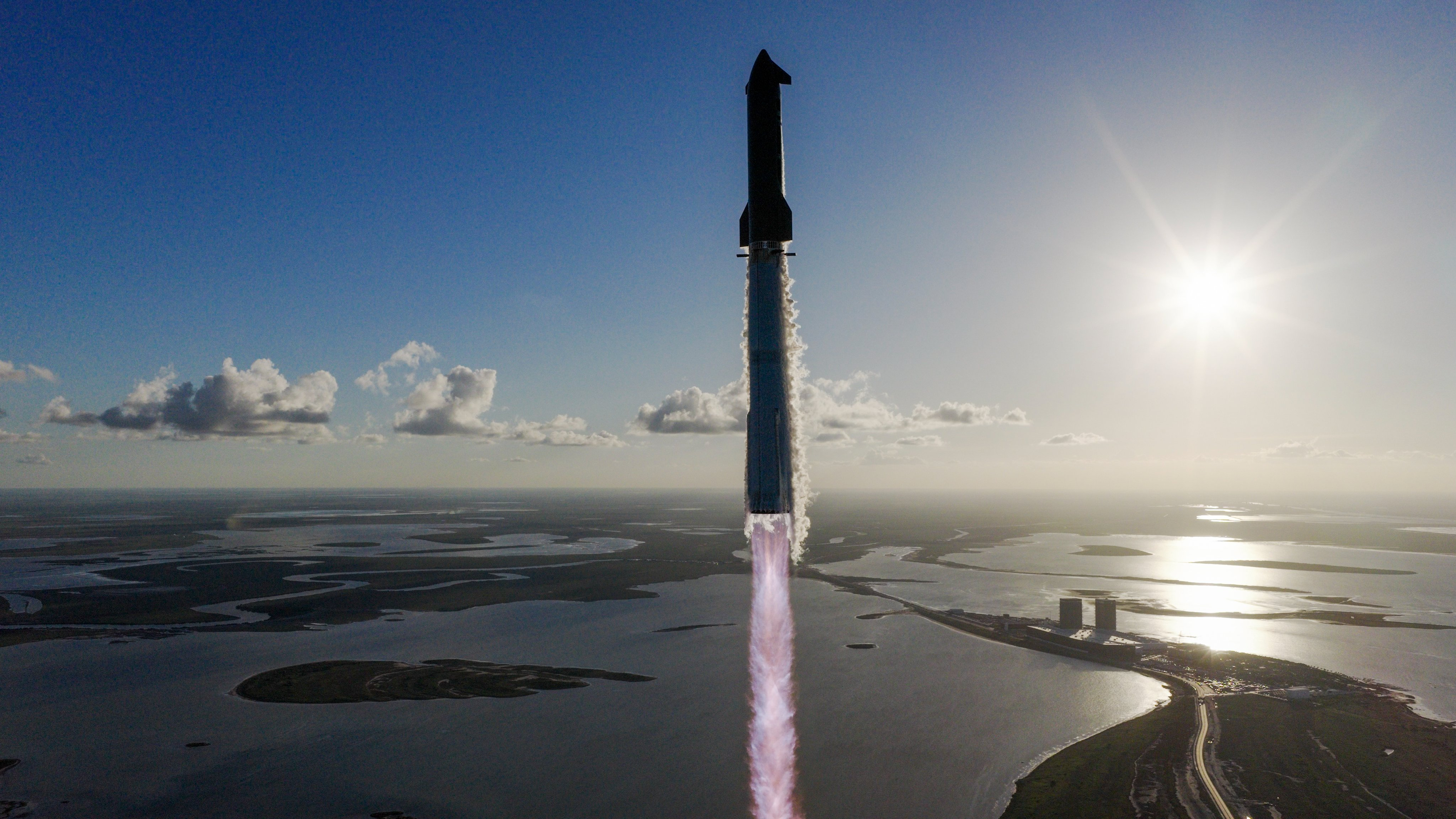Chair of House Science Space & Aeronautics Committee Endorses Hubble Deorbit
COLORADO SPRINGS, Colo. -- The United State's commercial, civil and military space organizations must begin to work much more closely to avoid duplication of effort, Rep. Ken Calvert, the Chairman of the House Science space and aeronautics subcommittee, told a packed house in his featured speech kicking off the first day of sessions at the 21st National Space Symposium here.
He also endorsed the idea of forgoing a robotic mission to repair the Hubble Space Telescope and instead proceed with a robotic mission to equip the spacecraft with a module allowing for the safe de-orbit of the vehicle at the end of its life. The issue of what to do with Hubble has been a hot one since former NASA Administrator Sean O'Keefe announced in 2003 that he was canceling the planned space shuttle mission to service Hubble.
A National Academy of Sciences panel concluded earlier this year that a robotic mission would be too risky, too costly and that it might not be possible to launch such a mission in time to save the space telescope and keep it producing science data.
"Hubble has performed beyond its original design life. Hubble has delivered volumes of data that will keep scientists busy for years." Calvert said. "I feel . . . the de-orbit module is a is a wise way to proceed."
Calvert said each of the three major sectors of space activity -- commercial, civil and military - has had successes and setbacks in recent years. Yet unnecessary barriers between the sectors have prevented full cooperation and he questioned why any of these barriers should still be in place in the post-Cold War era.
The American West, Calvert said, was settled by a fragile coalition of diverse groups of people with different and sometimes competing needs. What the settlers all had in commone, he said, was a willingess to take risks. Drawing on that analogy, Calvert said the United States is on the cusp of a new era of space exploration, best served if it draws on the collective talents of entrepreneurs like Paul Allen and Elon Musk, as well as those in the military and civil space organizations. Allen privately funded the SpaceShipOne project while Elon Musk is currently financing and developing the Falcon X rocket.
The needs of all three sectors are great, Calvert said, and that the limited money available makes it important that they not duplicate efforts. He noted in particular that all three sectors need new launch technology at their disposal that would give them reliable, responsive access to space as affordably and as efficiently as possible.
Breaking space news, the latest updates on rocket launches, skywatching events and more!
"Now is the time to take a hard look at the space program . . . The changes we make today will shape space exploration for decades ahead," Calvert said. He added that fulfilling U.S. President George Bush's vision for the future of exploration -- a return to the moon leading to eventual missions to Mars -- will requires the nation to analyze and validate every program.
"We cannot cling to legacy programs and old ways of doing things," he said.
Calvert warned that NASA's budget request is one of only a few in the President's 2006 budget request that calls for an increase over the 2005 budget and he warned those in attendance that NASA is not likely to see any additional money beyond the President's request.
"The current request will be the best top line we will see," he said.

After a long and successful career in journalism and public relations, Lon Rains is now retired. A graduate from the University of Maryland, Lon went on to have a 25-year career in journalism, including 15 years as the Editor of the weekly broadsheet newspaper Space News. Then he spent 11 years as a Director of Communications at Northrop Grumman, a multinational aerospace and defense company, before retiring in 2019.
